



 Tech & IT
Tech & IT
 Business
Business
 Coding & Developer
Coding & Developer
 Finance & Accounting
Finance & Accounting
 Academics
Academics
 Office Applications
Office Applications
 Art & Design
Art & Design
 Marketing
Marketing
 Health & Wellness
Health & Wellness
 Sounds & Music
Sounds & Music
 Lifestyle
Lifestyle
 Photography
Photography
More Learnfly
Business Solution Become an Instructor
What is big data? It's a phrase used to quantify data sets that are so large and complex that they become difficult to exchange, secure, and analyze with typical tools. These courses on big data show you how to solve these problems, and many more, with leading IT tools and techniques.

By : Daniel Pham
IBM Knowledge Catalog on Cloud Pak for Data (CP4D)...
4.8 682
13 lectures All Level
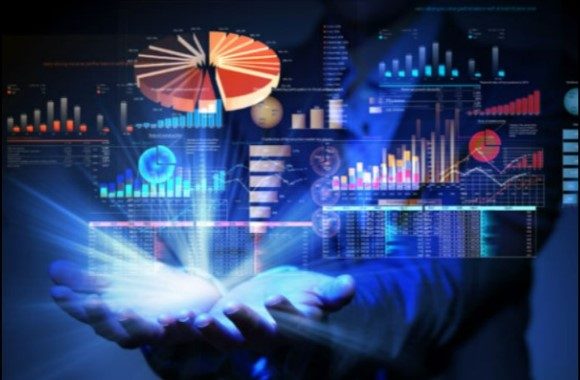
By : ajmal ali
Mastering the JOIN operation for Data Analysis...
4.3 989
5 lectures All Level
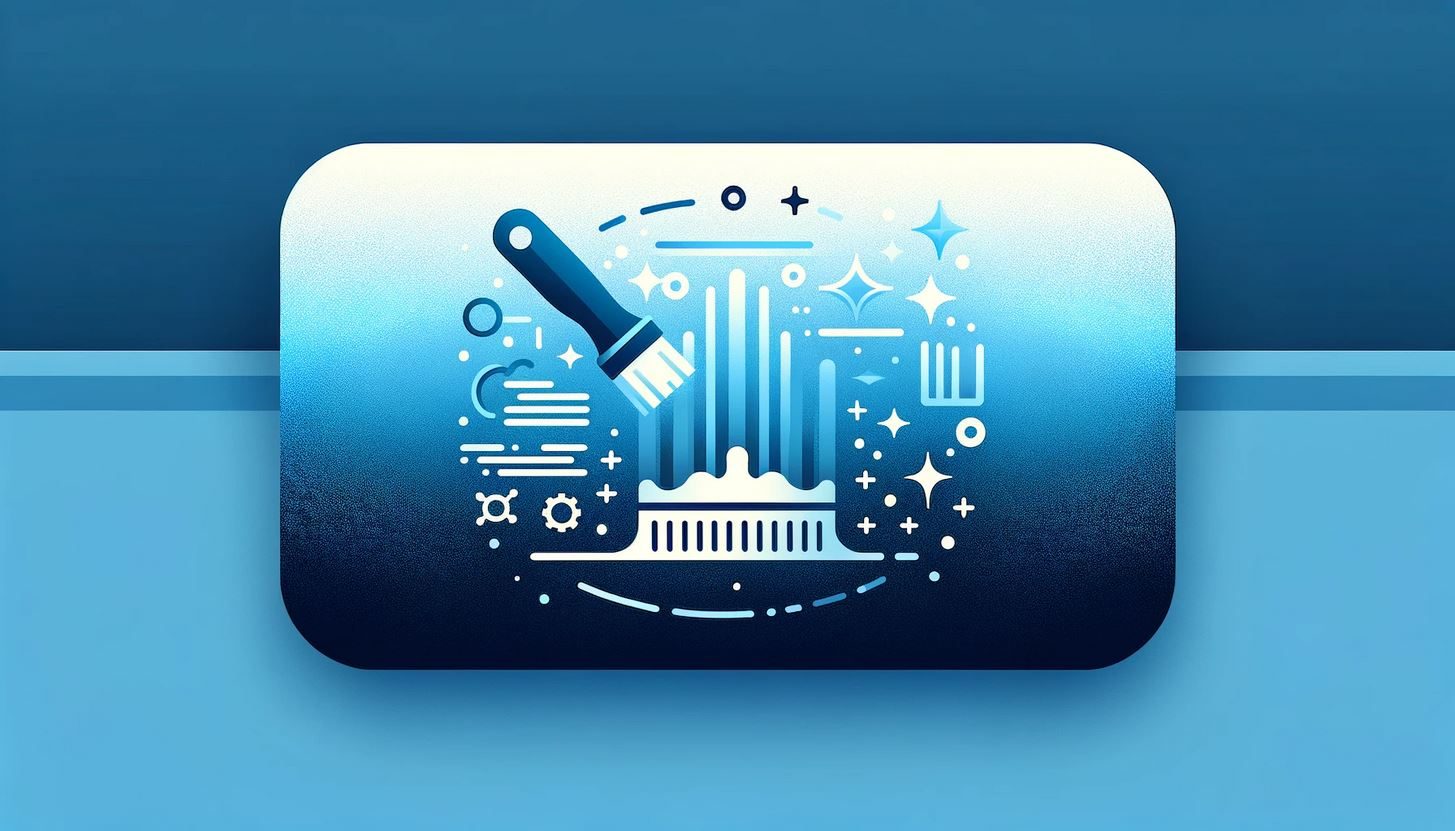
By : Yoann Bierling
Unlock the Power of Clean Data with SAP...
4.8 1090
1:35:45 hrs 16 lectures All Level
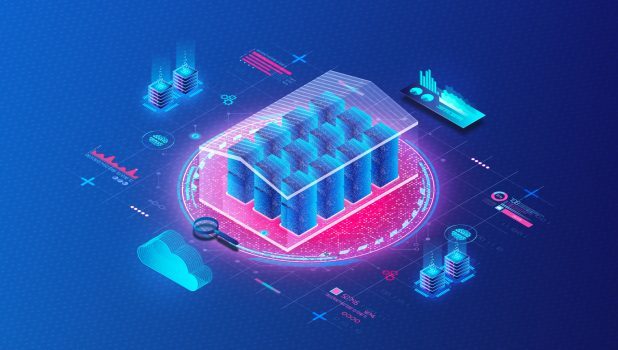
By : Daniel Pham
Unlock the Power of Data Integration (ETL): Practical Training with IBM DataStage (ET...
4.5 1605
8:1:57 hrs 273 lectures All Level

By : Daniel Pham
Comprehensive ETL, Data Integration and Change Data Capture (Oracle Golden Gate)...
4.5 928
3:50:55 hrs 62 lectures All Level

By : Daniel Pham
Modernizing Data Warehousing with Data Vault 2.0 Methodology...
4.5 968
59 lectures All Level

By : RougeNeuron Academy
Debugging is identifying the root cause of an unexpected behavior in a software syste...
4 890
28 lectures All Level

By : Amit Ranjan
Get to hands on from the first hour and travel through the concepts and details to em...
4.6 71347
2:43:11 hrs 14 lectures Intermedite Level
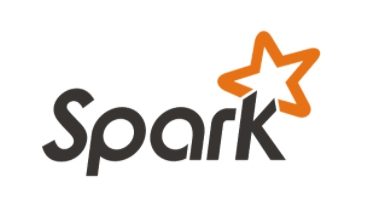
By : Amit Ranjan
In-Depth, Hands-On driven exposure to the features and concpets of Spark Core with ti...
4.8 85416
10:38:59 hrs 31 lectures Intermedite Level
.jpg)
By : Mukund Kumar Mishra
Big Data Course - Apache Spark...
4.3 560
22 lectures All Level












Learn more topics in various categories at one place. Explore unlimited courses in other categories and up-skill yourself today.

 Jazeb Akram
Jazeb Akram 4.2 771159 Beginner Level

 John Hedengren
John Hedengren 4.1 569062 All Level

 Ranjan Pandey
Ranjan Pandey 4.1 346728 All Level

 Muhammad Ahsan Pervaiz
Muhammad Ahsan Pervaiz 4.2 101337 All Level

 Pieter Vliegenthart
Pieter Vliegenthart 4.6 100916 All Level

 Jerome P.
Jerome P. 4.8 100881 All Level

 Senol Atac
Senol Atac 4.9 100091 All Level

 Vikas Munjal
Vikas Munjal 4.8 100064 Beginner Level

 Avinash A
Avinash A 4.8 100013 All Level
.jpg)
 AKHIL VYDYULA
AKHIL VYDYULA8 Lectures All Level

 Daniel Pham
Daniel Pham13 Lectures All Level

 ajmal ali
ajmal ali5 Lectures All Level

 Yoann Bierling
Yoann Bierling16 Lectures All Level

 Daniel Pham
Daniel Pham273 Lectures All Level

 Daniel Pham
Daniel Pham62 Lectures All Level

 Daniel Pham
Daniel Pham59 Lectures All Level

 Satyendra singh
Satyendra singh19 Lectures All Level

 RougeNeuron Academy
RougeNeuron Academy28 Lectures All Level

 RougeNeuron Academy
RougeNeuron Academy27 Lectures All Level
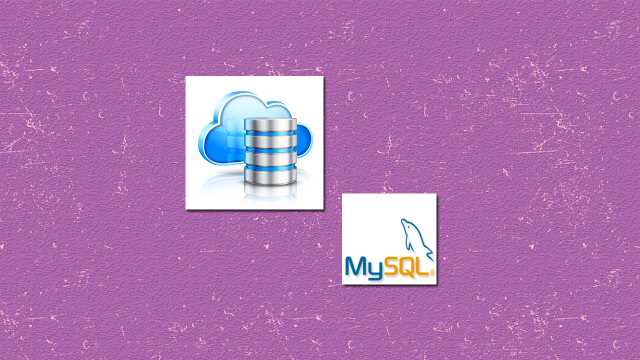
 Sekhar Metla (Microsoft Certified Professional) Sudha
Sekhar Metla (Microsoft Certified Professional) Sudha87 Lectures All Level

 John Hedengren
John Hedengren 17 Lectures All Level

 Arbaz Khan
Arbaz Khan16 Lectures All Level

 Juan Galvan
Juan Galvan140 Lectures All Level
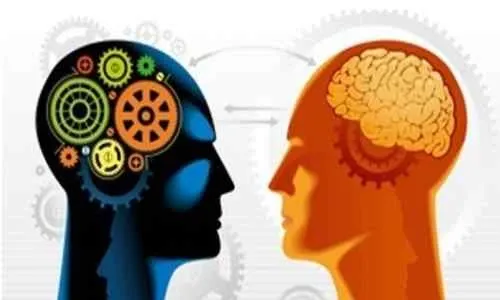
 Abdulhadi Darwish
Abdulhadi Darwish71 Lectures All Level
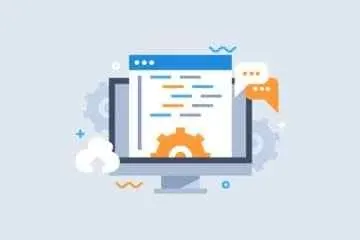
 Prince Patni
Prince Patni25 Lectures All Level

 Amit Ranjan
Amit Ranjan14 Lectures All Level

 Amit Ranjan
Amit Ranjan31 Lectures All Level
.jpg)
 Mukund Kumar Mishra
Mukund Kumar Mishra22 Lectures All Level

 Md. A. Barik
Md. A. Barik22 Lectures All Level
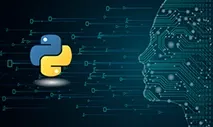
 Pruthviraja L
Pruthviraja L103 Lectures All Level

 Arthur Tkachenko
Arthur Tkachenko29 Lectures All Level
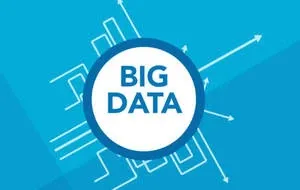
 Navdeep Kaur
Navdeep Kaur70 Lectures All Level

 Navdeep Kaur
Navdeep Kaur23 Lectures All Level

 Navdeep Kaur
Navdeep Kaur47 Lectures All Level

 Manoj G T
Manoj G T19 Lectures All Level

 Jordan Stanchev
Jordan Stanchev21 Lectures All Level
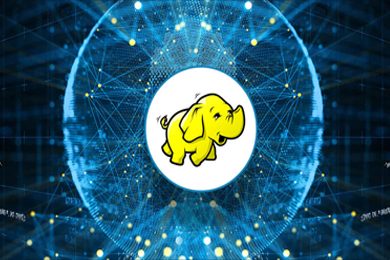
 Saheb Singh chaddha
Saheb Singh chaddha26 Lectures All Level

 Phikolomzi Gugwana
Phikolomzi Gugwana31 Lectures All Level
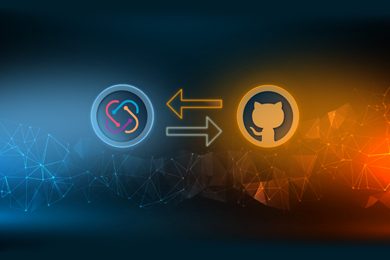
 Abhilash Nelson
Abhilash Nelson15 Lectures All Level

 Eduardo Morelli
Eduardo Morelli6 Lectures All Level
Big Data refers to extremely large and complex data sets that exceed the capabilities of traditional data processing methods. It encompasses three main characteristics: volume (large amounts of data), velocity (rapid data generation or processing), and variety (diverse data types).
Key technologies in Big Data processing include Apache Hadoop, Apache Spark, Apache Flink, and distributed storage systems like HDFS (Hadoop Distributed File System). These technologies enable the storage, processing, and analysis of massive datasets.
Big Data analytics allows businesses to gain valuable insights from vast amounts of data. It facilitates data-driven decision-making by identifying patterns, trends, and correlations that can inform strategic planning, customer engagement, and operational efficiency.
Challenges in managing Big Data include scalability, data integration, security, and the need for specialized skills. Analyzing Big Data poses challenges related to extracting meaningful insights from diverse and unstructured data sources.
Big Data differs from traditional data processing in terms of scale, speed, and variety. Traditional data processing methods may struggle to handle the volume and speed of Big Data, and Big Data often involves diverse data types beyond the structured data typically handled in traditional databases.





